Divine Complexity : The Rise Of Creedal Christianity
$53.33
Introduction
1. The Primacy Of The Gospel
Augustinian Critique Of Epistemology
The Primacy Of The Gospel
Natural Theology? Divine Simplicity?
Kataphatic Theology
2. From Resurrection Kerygma To Gospel Narrative
The Resurrection Of The Crucified As Hermeneutic
The Chief Question: Resurrection As The Spirit’s Narration
Resurrection As Event In The Life Of God
Resurrection As Possibility In The Life Of The World
Resurrection As Reality In The Life Of The World
Resurrection’s Retroactive Causality
Bultmann’s Objection
The Gospel As Promissory Narrative
3. The Scriptures’ Emergence As The Church’s Canon
Jesus-New And Living Temple
The Johannine Bridge
Critique Of Modern Johannine Criticism
Kasemann’s Dissent
Hoskyns’s Theological Interpretation Of John
The Johannine Theology Of The Martyr
Ignatius, Polycarp, And The Martyrs’ Canon
The Knowledge Of God In The New Testament
4. The Trinitarian Rule Of Faith
Paul As Theologian
Paul’s “Canon” Of Faith (Galatians 6:16)
Early Christian Dogma In The Pastoral Epistles
Martyrological Ethos In The Pastoral Epistles
Christian “Atheism” In Justin Martyr
Justin Against Gnosticism
Irenaeus And The Theology Of The Martyrs
The First Dogmatics
The Economy Of God
The Rule Of Faith And The Trinity
5. The Confrontation Of Biblical And Philosophical Monotheism
The Problem Of Christianity And Platonism
Overview Of Trinitarian Doctrine And Trinitarian Errors
Two Kinds Of Monotheism: The Living God Of Radical, Or Exclusive,
Monotheism
Two Kinds Of Monotheism: Divine Simplicity
Eternal Generation
Systematic Theology As Systematic Apologetics
Arius As Consistent Platonist
6. The Holy Trinity As The Eternal Life
The Martyriological Background
The Creed At Nicea 325
Theology Of Redemption
Lord And Giver Of Life
The Homoiousions And The Homoousions
The Failure Of Biblicism
The Trinitarian Theology Of The Cappadocians
Worshipped And Glorified, Together With The Father And The Son
Postscript: The “Impassible Passibility” Of The Trinity
Notes
Index
Additional Info
Paul Hinlicky reads the history of the early church as a genuine, centuries-long theological struggle to make sense of the confession of Jesus’ life, death, and resurrection. Protesting a recent parting of the ways between systematic theology and the history of early Christianity, Hinlicky relies on the insights of historical criticism to argue in this historical survey for the coherence of doctrinal development in the early church. Hinlicky contends that the Christian tradition shows evidence of being governed by a hermeneutic of “cross and resurrection.” In successive chapters he finds in the New Testament writings a collective Christological decision against docetism; in the union of Old and New Testaments, a monotheistic decision against Gnostic dualism; in the resulting sweep of the canon a narrative of the divine economy of salvation that posed a trinitarian alternative to Arian Unitarianism; and in the insistence upon the cross of the incarnate Son, a rebuke of Nestorianism.
This book is written with the student of early Christianity and the development of doctrine in mind.
in stock within 3-5 days of online purchase
SKU (ISBN): 9780800696696
ISBN10: 0800696697
Paul Hinlicky
Binding: Trade Paper
Published: November 2010
Publisher: Augsburg Fortress Publishers – 1517 Media
Print On Demand Product
Related products
-
Church History In Plain Language
$39.99Over 330,000 copies sold. This is the story of the church for today’s readers.
Bruce Shelley’s classic history of the church brings the story of global Christianity into the twenty-first century. Like a skilled screenwriter, Shelley begins each chapter with three elements: characters, setting, plot. Taking readers from the early centuries of the church up through the modern era he tells his readers a story of actual people, in a particular situation, taking action or being acted upon, provides a window into the circumstances and historical context, and from there develops the story of a major period or theme of Christian history. Covering recent events, this book also:
*Details the rapid growth of evangelical and Pentecostal Christianity in the southern hemisphere*Addresses the decline in traditional mainline denominations
*Examines the influence of technology on the spread of the gospel
*Discusses how Christianity intersects with other religions in countries all over the world
For this fifth edition, Marshall Shelley brought together a team of historians, historical theologians, and editors to revise and update this father’s classic text. The new edition adds important stories of the development of Christianity in Asia, India, and Africa, both in the early church as well as in the twentieth and twenty-first centuries. It also highlights the stories of women and non-Europeans who significantly influenced the development of Christianity but whose contributions are often overlooked in previous overviews of church history.
This concise book provides an easy-to-read guide to church history with intellectual substance. The new edition of Church History in Plain Language promises to set a new standard for readable church history.
Add to cartin stock within 3-5 days of online purchase
-
Screwtape Letters
$17.99Wormwood, a demon apprentice, must secure the damnation of a young man who’s just become a Christian. He seeks the advice of an experienced devil, his uncle Screwtape. Their correspondence offers invaluable—and often humorous—insights on temptation, pride, and the ultimate victory of faith over evil forces. Paperback with French flaps and deckled page edges.
Add to cart1 in stock (additional units can be purchased)
-
Confronting Injustice Without Compromising Truth
$22.99God does not suggest, he commands that we do justice.
Social justice is not optional for the Christian. All injustice affects others, so talking about justice that isn’t social is like talking about water that isn’t wet or a square with no right angles. But the Bible’s call to seek justice is not a call to superficial, kneejerk activism. We are not merely commanded to execute justice, but to “truly execute justice.” The God who commands us to seek justice is the same God who commands us to “test everything” and “hold fast to what is good.”
Drawing from a diverse range of theologians, sociologists, artists, and activists, Confronting Injustice without Compromising Truth, by Thaddeus Williams, makes the case that we must be discerning if we are to “truly execute justice” as Scripture commands. Not everything called “social justice” today is compatible with a biblical vision of a better world. The Bible offers hopeful and distinctive answers to deep questions of worship, community, salvation, and knowledge that ought to mark a uniquely Christian pursuit of justice. Topics addressed include:
Racism
Sexuality
Socialism
Culture War
Abortion
Tribalism
Critical Theory
Identity PoliticsConfronting Injustice without Compromising Truth also brings in unique voices to talk about their experiences with these various social justice issues, including:
Michelle-Lee Barnwall
Suresh Budhaprithi
Eddie Byun
Freddie Cardoza
Becket Cook
Bella Danusiar
Monique Duson
Ojo Okeye
Edwin Ramirez
Samuel Sey
Neil Shenvi
Walt SobchakIn Confronting Injustice without Compromising Truth, Thaddeus Williams transcends our religious and political tribalism and challenges readers to discover what the Bible and the example of Jesus have to teach us about justice. He presents a compelling vision of justice for all God’s image-bearers that offers hopeful answers to life’s biggest questions.
Add to cartin stock within 3-5 days of online purchase
-
Abolition Of Man
$17.99In this graceful work, C. S. Lewis reflects on society and nature and the challenges of how best to educate our children. He eloquently argues that we need as a society to underpin reading and writing with lessons on morality and in the process both educate and re-educate ourselves. In the words of Walter Hooper, “If someone were to come to me and say that, with the exception of the Bible, everyone on earth was going to be required to read one and the same book, and then ask what it should be, I would with no hesitation say The Abolition of Man. It is the most perfectly reasoned defense of Natural Law (Morality) I have ever seen, or believe to exist. If any book is able to save us from future excesses of folly and evil, it is this book.” This beautiful paperback edition is sure to attract new readers to this classic book.
Add to cartin stock within 3-5 days of online purchase

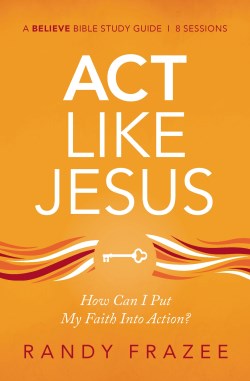 Act Like Jesus Study Guide (Student/Study Guide)
Act Like Jesus Study Guide (Student/Study Guide)
 Hospitality Of Need
Hospitality Of Need
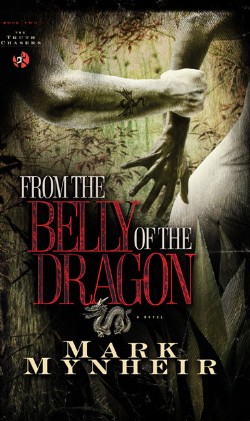 From The Belly Of The Dragon
From The Belly Of The Dragon



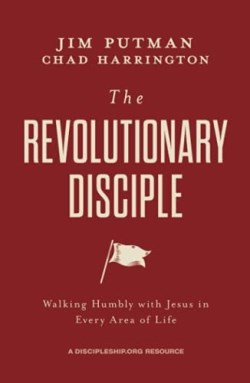

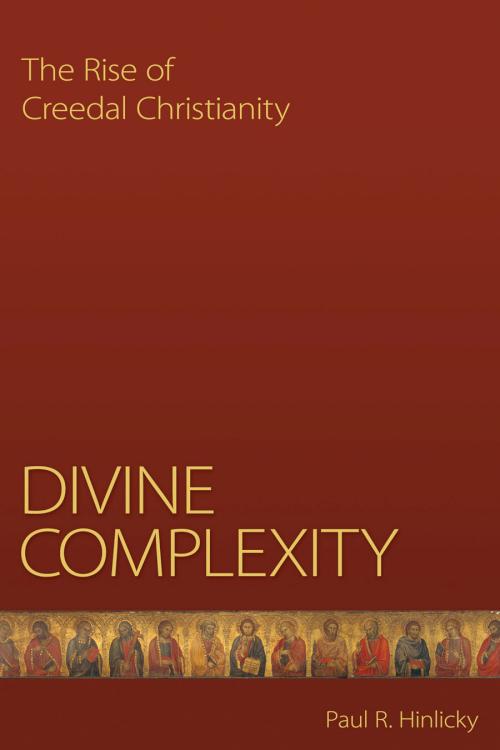
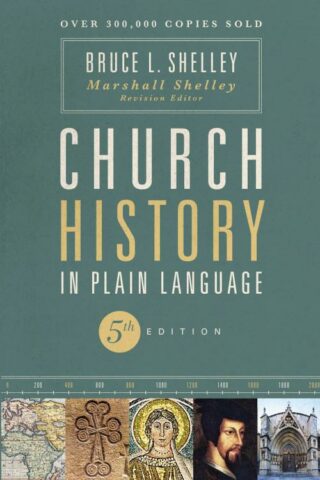
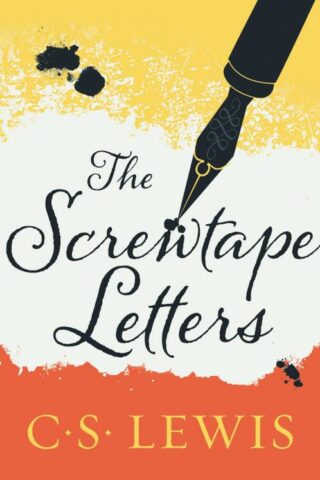
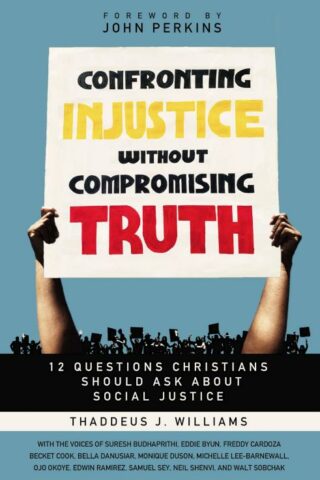
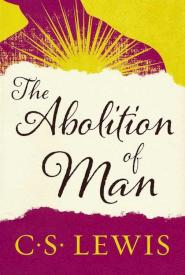





Reviews
There are no reviews yet.